This article will walk you through the best hair care routine that will grow your hair you can incorporate into your lifestyle.
Growing healthy, luscious hair is a desire shared by many. Regardless if you want to add length, and volume, or achieve a more vibrant look, the journey to longer, stronger hair can be exciting and challenging.
In a world overflowing with hair care products and advice, it’s easy to feel excited by the choices and methods available.
Understanding the fundamentals of hair growth and caring for your hair from the inside out is essential to achieving your desired results.
In this post, let us look at the essential aspects of a hair care routine tailored specifically to foster hair growth.
Without delving into the specifics just yet, let us first appreciate the importance of a well-rounded approach to nurturing your hair and why patience and consistency are vital in this process.
If you’re starting your hair growth journey or looking for ways to enhance your current routine, this guide is designed to empower you with knowledge and confidence.
6 BEST HAIR CARE ROUTINES THAT WILL GROW YOUR HAIR
1. Scalp Care and Massage
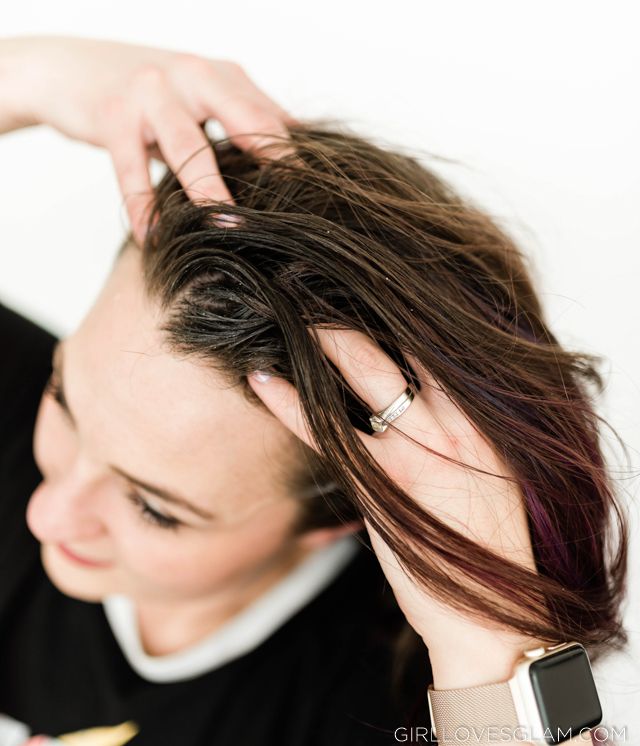
A healthy scalp is the foundation for healthy hair growth. Regularly cleansing your scalp helps remove excess oils, product buildup, and dead skin cells, all of which can clog hair follicles and inhibit growth.
adding scalp massages into your routine can boost blood circulation, ensuring that hair follicles receive more oxygen and nutrients. This can be done with your fingertips or a specialized scalp massager.
Consider using essential oils like rosemary, peppermint, or lavender, known for their stimulating properties.
2. Proper Cleansing and Conditioning
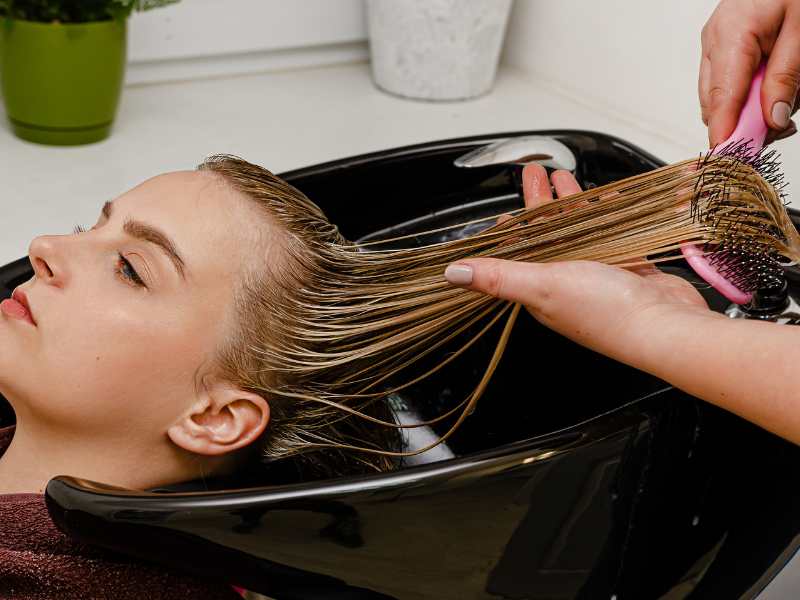 Choosing the right shampoo and conditioner is crucial, opt for sulphate-free shampoos to avoid stripping the hair of its natural oils, which are essential for maintaining moisture and strength.
Choosing the right shampoo and conditioner is crucial, opt for sulphate-free shampoos to avoid stripping the hair of its natural oils, which are essential for maintaining moisture and strength.
Conditioning is equally important, as it helps to replenish moisture, reduce breakage, and improve manageability. Focus on the ends of your hair when conditioning to avoid weighing down the roots.
Deep conditioning treatments or hair masks once a week can provide an extra boost of hydration and nourishment.
3. Balanced Diet and Hydration
 What you consume significantly impacts your hair’s health. A balanced diet rich in vitamins, minerals, and proteins supports hair growth.
What you consume significantly impacts your hair’s health. A balanced diet rich in vitamins, minerals, and proteins supports hair growth.
Key nutrients include biotin, vitamins A, C, D, and E, iron, and omega-3 fatty acids.
Include foods like eggs, nuts, leafy greens, berries, and fatty fish in your diet.
Staying hydrated is equally important, as water helps to keep your scalp and hair hydrated from within.
4. Minimizing Heat and Chemical Damage
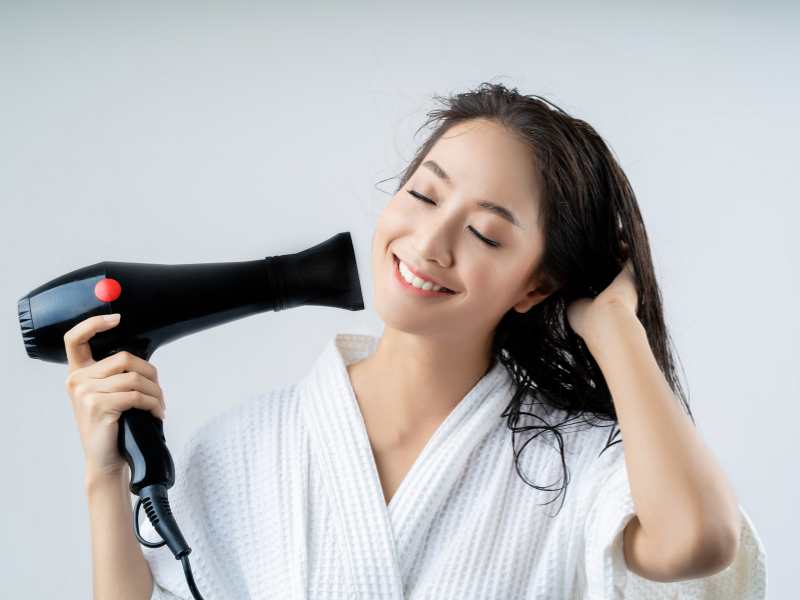 Excessive use of heat-styling tools and chemical treatments can weaken hair, leading to breakage and slower growth.
Excessive use of heat-styling tools and chemical treatments can weaken hair, leading to breakage and slower growth.
Anytime possible, embrace natural hairstyles and air dry your hair. When you do use heat styling tools, always apply a heat protectant spray to minimize damage.
Be careful with chemical treatments like coloring, perming, or relaxing, as these can alter the hair’s structure and cause long-term damage.
5. Regular Trims and Proper Handling
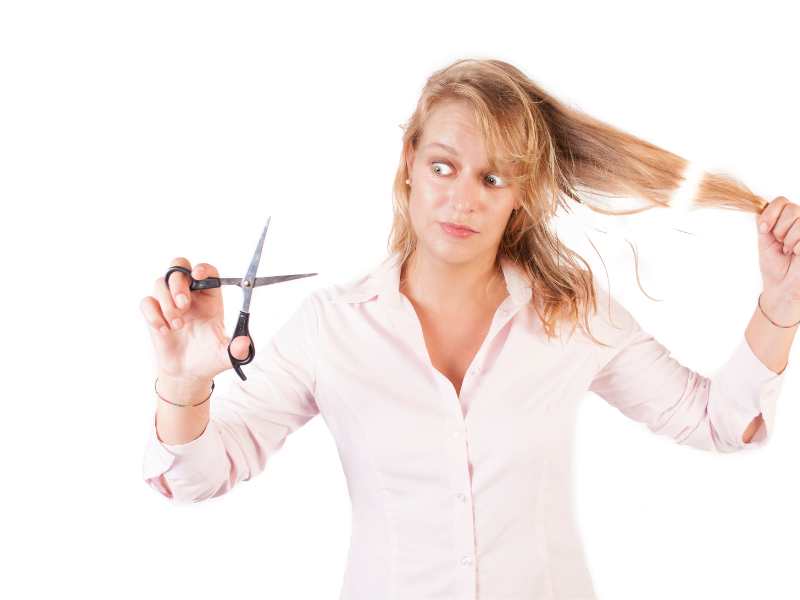 Contrary to the myth that trimming hair frequently can hinder growth, regular trims help to remove split ends and prevent breakage.
Contrary to the myth that trimming hair frequently can hinder growth, regular trims help to remove split ends and prevent breakage.
While it may seem counterintuitive, trimming encourages healthier growth by maintaining the integrity of the hair.
In addition, be gentle when detangling your hair. Use a wide-toothed comb or detangling brush, and start from the ends, working your way up to avoid unnecessary breakage.
6. Protective Hairstyles and Night Care
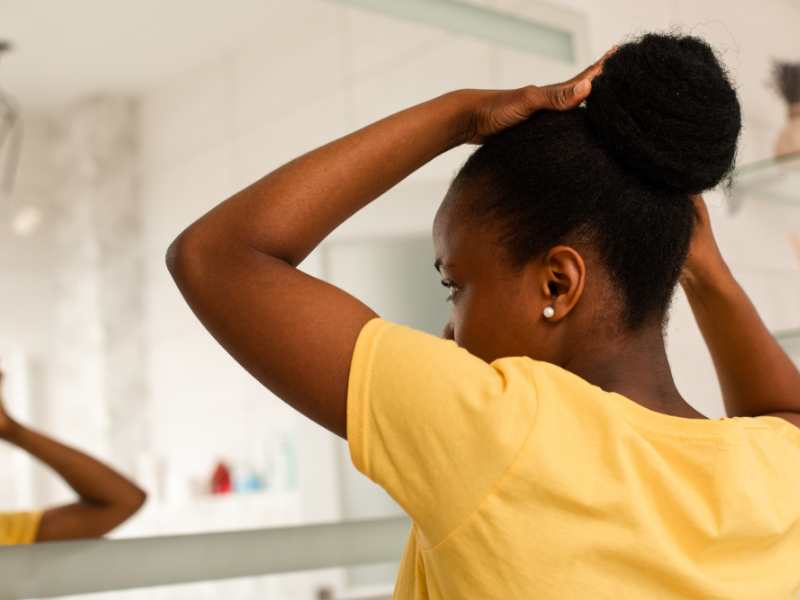 Protective hairstyles, such as braids, twists, or buns, help to minimize manipulation and reduce the risk of breakage. These styles also protect your hair from environmental stressors.
Protective hairstyles, such as braids, twists, or buns, help to minimize manipulation and reduce the risk of breakage. These styles also protect your hair from environmental stressors.
At night, consider using a silk or satin pillowcase or a hair wrap to reduce friction, which can cause breakage and frizz.
This simple change can make a significant difference in maintaining the health of your hair.
These routines, when combined and practiced consistently, can significantly contribute to achieving longer, stronger, and healthier hair.
Remember, hair growth is a gradual process, and patience, along with dedication to these practices, is key.
COMMON CAUSES OF HAIR DAMAGE
1. Heat Styling
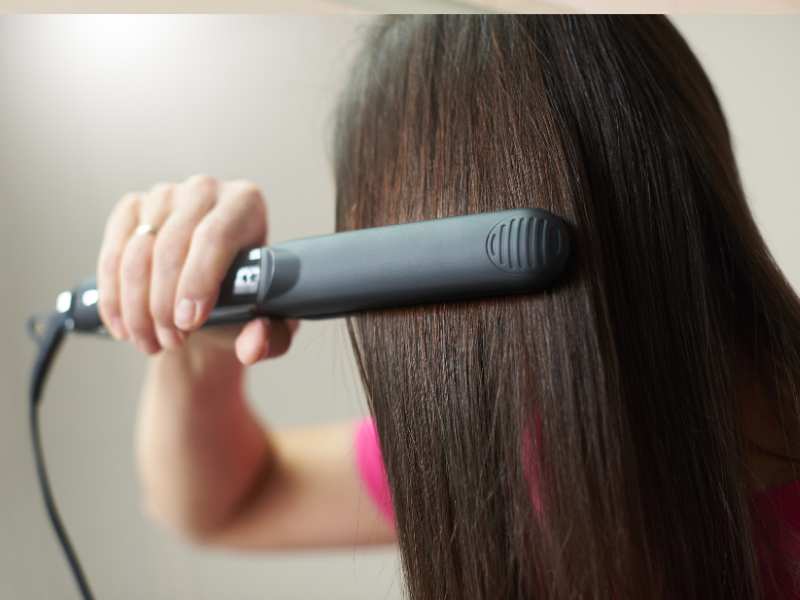 Frequent use of heat styling tools like flat irons, curling irons, and blow dryers can weaken the hair shaft.
Frequent use of heat styling tools like flat irons, curling irons, and blow dryers can weaken the hair shaft.
High temperatures can strip moisture from the hair, making it brittle and prone to breakage.
2. Chemical Treatments
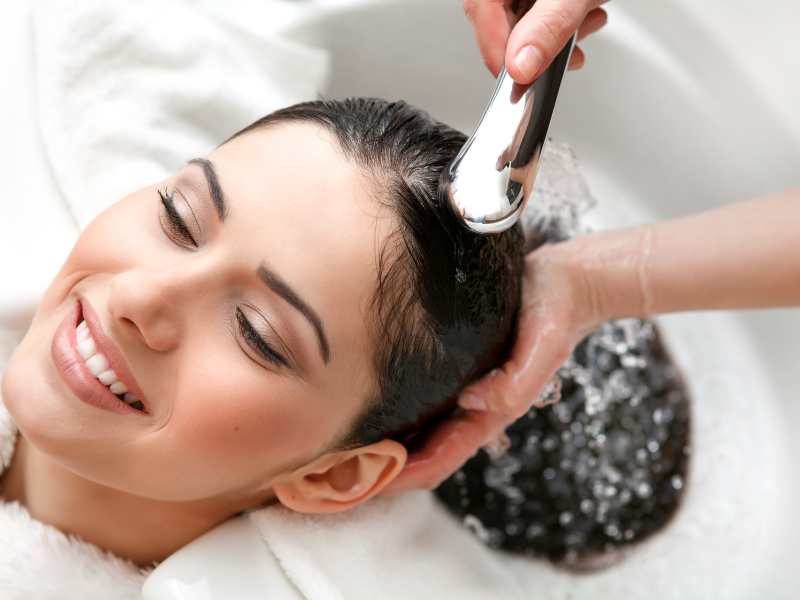 Chemical treatments such as coloring, bleaching, perming, and relaxing alter the hair’s natural structure.
Chemical treatments such as coloring, bleaching, perming, and relaxing alter the hair’s natural structure.
These processes can weaken the hair, leading to dryness, breakage, and split ends if not done correctly or if overused.
3. Physical Damage
 Physical damage can occur from rough handling of hair, such as aggressive brushing, combing, or towel drying.
Physical damage can occur from rough handling of hair, such as aggressive brushing, combing, or towel drying.
Using the wrong type of brush or comb for your hair type can also cause breakage.
Also, wearing tight hairstyles like ponytails, braids, or buns can put stress on the hair, leading to traction alopecia.
4. Environmental Factors
 Exposure to environmental elements like UV rays, wind, humidity, and pollution can weaken and dry out hair.
Exposure to environmental elements like UV rays, wind, humidity, and pollution can weaken and dry out hair.
Saltwater and chlorine from swimming can also strip the hair of its natural oils, leading to damage.
5. Poor Nutrition
 A diet lacking in essential nutrients, vitamins, and minerals can affect hair health.
A diet lacking in essential nutrients, vitamins, and minerals can affect hair health.
Deficiencies in proteins, vitamins (such as A, C, D, E, and B-complex), iron, and omega-3 fatty acids can lead to weak, dull, and brittle hair.
6. Improper Hair Care Products
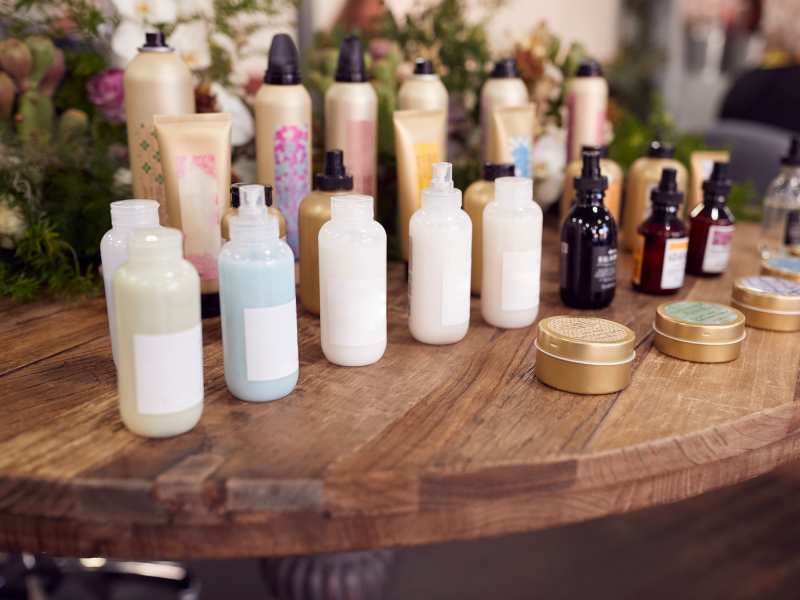 Using harsh shampoos, conditioners, and styling products can strip the hair of its natural oils and moisture.
Using harsh shampoos, conditioners, and styling products can strip the hair of its natural oils and moisture.
Alcohol-based products can be particularly drying, while sulfates can be too harsh for some hair types.
7. Over washing
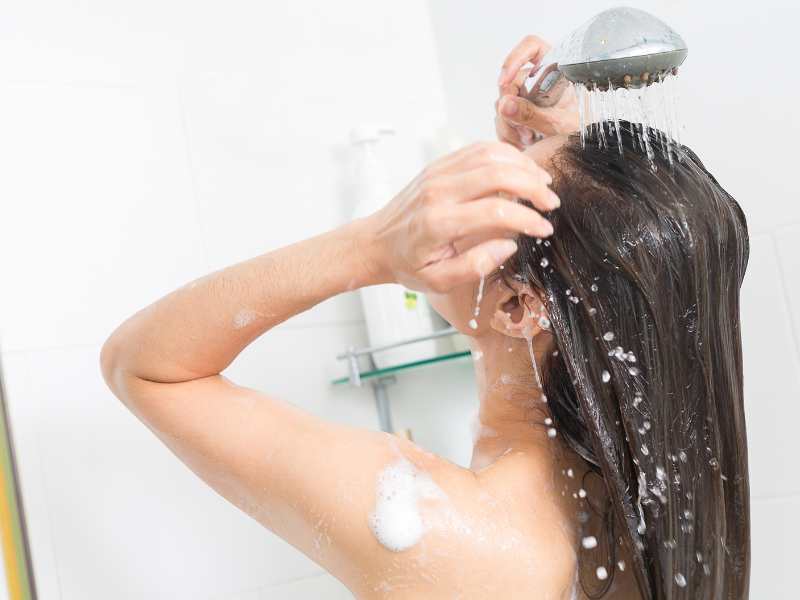 Washing hair too frequently can strip it of its natural oils, leading to dryness and damage.
Washing hair too frequently can strip it of its natural oils, leading to dryness and damage.
The scalp produces natural oils that help protect and nourish hair; over washing can disrupt this balance.
It is not a healthy hair care routine that will grow your hair if you want your hair to maintain a good growth consistency.
8. Hormonal Imbalances
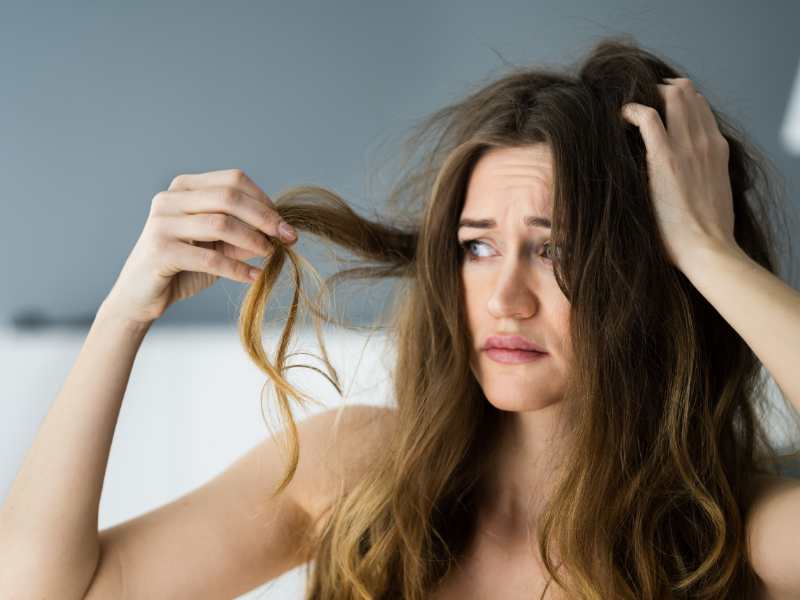 Hormonal changes due to pregnancy, menopause, thyroid issues, or certain medications can impact hair growth and health. These changes can lead to hair thinning, shedding, or even loss.
Hormonal changes due to pregnancy, menopause, thyroid issues, or certain medications can impact hair growth and health. These changes can lead to hair thinning, shedding, or even loss.
9. Stress
 High levels of stress can disrupt the hair growth cycle, leading to conditions like telogen effluvium, where hair prematurely enters the resting phase and falls out.
High levels of stress can disrupt the hair growth cycle, leading to conditions like telogen effluvium, where hair prematurely enters the resting phase and falls out.
10. Medical Conditions
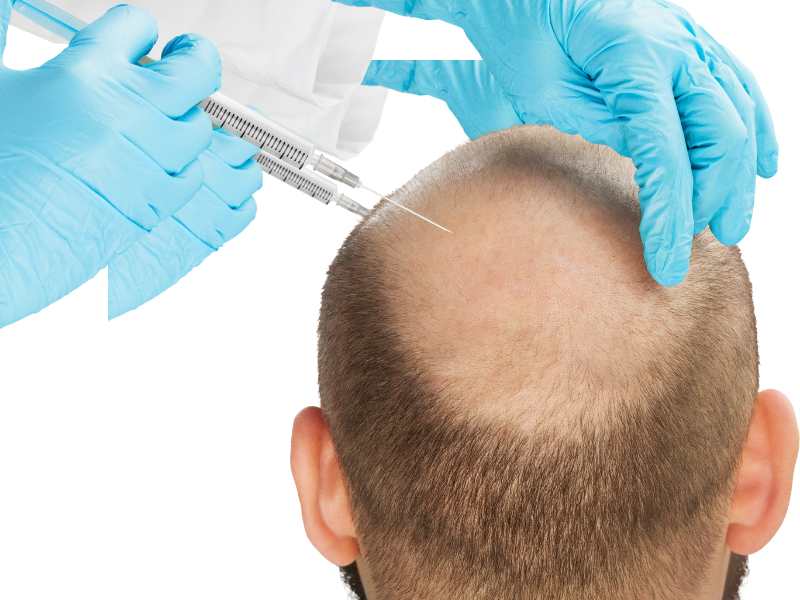 Certain medical conditions, such as alopecia areata, lupus, or scalp infections, can cause hair damage or loss.
Certain medical conditions, such as alopecia areata, lupus, or scalp infections, can cause hair damage or loss.
It’s important to consult a healthcare provider if you suspect a medical condition is affecting your hair.
NATURAL REMEDIES FOR DRY AND DAMAGED HAIR
1. Coconut Oil
 Coconut oil is rich in fatty acids and has excellent moisturizing properties. It can penetrate the hair shaft, providing deep hydration and reducing protein loss.
Coconut oil is rich in fatty acids and has excellent moisturizing properties. It can penetrate the hair shaft, providing deep hydration and reducing protein loss.
To use, warm a small amount of coconut oil between your palms and apply it to the hair, focusing on the ends.
Leave it on for at least 30 minutes or overnight for a deep conditioning treatment, then wash it out with a gentle shampoo. This is one of the perfect ways to maintain a hair care routine that will grow your hair.
2. Olive Oil
 Olive oil is another great natural moisturizer for hair. It helps to smooth the hair cuticle, reduce frizz, and add shine.
Olive oil is another great natural moisturizer for hair. It helps to smooth the hair cuticle, reduce frizz, and add shine.
To use, heat a few tablespoons of olive oil and massage it into the scalp and hair.
Cover your hair with a shower cap and leave it on for 30 minutes to an hour before rinsing and shampooing.
3. Avocado
 Avocado is rich in vitamins A, D, E, and B6, as well as proteins and healthy fats, making it a nourishing treatment for dry hair.
Avocado is rich in vitamins A, D, E, and B6, as well as proteins and healthy fats, making it a nourishing treatment for dry hair.
Mash a ripe avocado and mix it with a tablespoon of olive oil or honey. Apply the mixture to damp hair and leave it on for 20-30 minutes before rinsing thoroughly and shampooing.
4. Honey
 Honey is a natural humectant, meaning it helps to retain moisture in the hair. It also has antibacterial properties that can help maintain scalp health.
Honey is a natural humectant, meaning it helps to retain moisture in the hair. It also has antibacterial properties that can help maintain scalp health.
Mix two tablespoons of honey with a tablespoon of olive oil or coconut oil, apply to damp hair, and leave it on for 20-30 minutes. Rinse well and shampoo as usual.
5. Aloe Vera
 Aloe vera contains enzymes that promote healthy hair growth and have moisturizing and soothing properties.
Aloe vera contains enzymes that promote healthy hair growth and have moisturizing and soothing properties.
It can help balance the scalp’s pH level and reduce dandruff.
Apply fresh aloe vera gel directly to the scalp and hair, leave it on for 20-30 minutes, then rinse and shampoo.
6. Yogurt
 Yogurt is rich in protein and lactic acid, which can help strengthen hair and gently cleanse the scalp. Mix half a cup of plain yogurt with a tablespoon of honey or olive oil.
Yogurt is rich in protein and lactic acid, which can help strengthen hair and gently cleanse the scalp. Mix half a cup of plain yogurt with a tablespoon of honey or olive oil.
Apply the mixture to your hair and scalp, leave it on for 20-30 minutes, then rinse thoroughly and shampoo.
7. Eggs
 Eggs are a great source of protein and biotin, which are essential for strong, healthy hair.
Eggs are a great source of protein and biotin, which are essential for strong, healthy hair.
Beat one or two eggs and apply the mixture to damp hair. Leave it on for 20-30 minutes, then rinse with cool water (to prevent the egg from cooking) and shampoo.
8. Bananas
 Bananas are rich in potassium and moisture, making them an excellent remedy for dry hair.
Bananas are rich in potassium and moisture, making them an excellent remedy for dry hair.
Mash a ripe banana and mix it with a tablespoon of honey or coconut oil. Apply the mixture to your hair, leave it on for 20-30 minutes, then rinse and shampoo.
9. Apple Cider Vinegar
 Apple cider vinegar can help restore the scalp’s natural pH balance and add shine to hair.
Apple cider vinegar can help restore the scalp’s natural pH balance and add shine to hair.
Dilute one part apple cider vinegar with two parts water, use it as a final rinse after shampooing and leave it on for a few minutes before rinsing with water. This can help remove product buildup and smooth the hair cuticle.
10. Tea Rinse
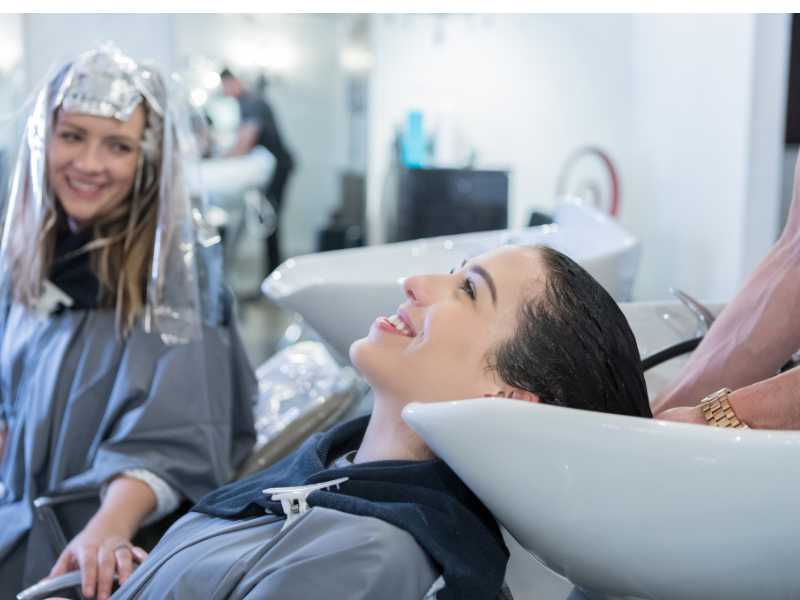 Black tea or green tea rinses can add shine and reduce hair loss.
Black tea or green tea rinses can add shine and reduce hair loss.
Brew a cup of strong tea, let it cool, and use it as a final rinse after shampooing and conditioning. Leave it on for a few minutes before rinsing with water.
These natural remedies can help nourish and repair dry and damaged hair. For best results, use them consistently and consider combining them with a healthy hair care routine.
To conclude, achieving healthy, long, and vibrant hair requires a combination of consistent care, nourishing treatments, and mindful habits.
By recognizing the common causes of hair damage and incorporating natural remedies into your routine, you can nurture your hair back to its optimal state.
Recall, that patience and perseverance are crucial in this journey, as hair growth is a gradual process.
Even if you’re combating dryness, seeking to repair damage, or simply aiming to maintain your hair’s health, the tips and remedies shared in this post provide a comprehensive approach to help you reach your hair goals.
Accept the process, experiment with what works best for you, and most importantly, enjoy the journey to beautiful, flourishing hair.
This article showed you the six best hair care routine that will grow your hair you can add to your hair care daily routine.